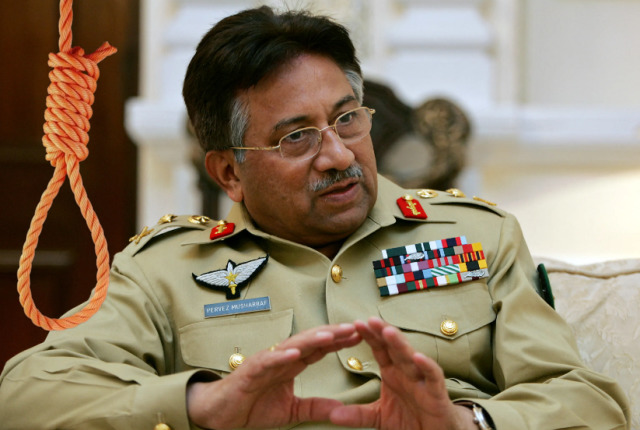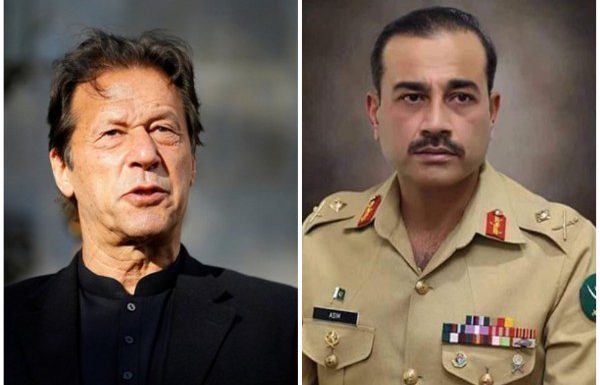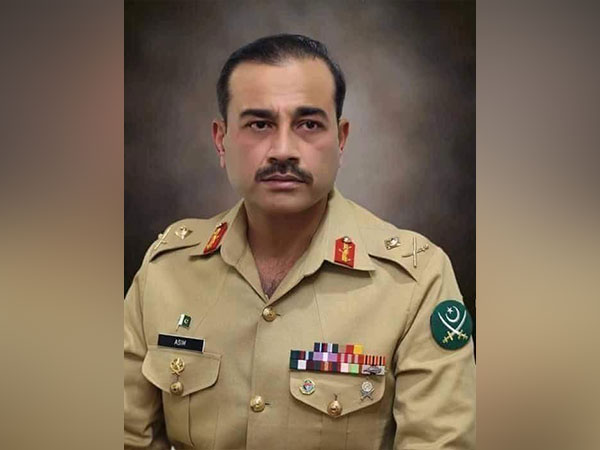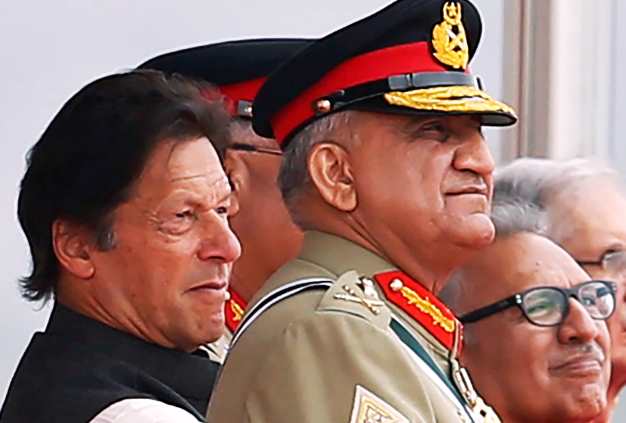So, the Pervez Musharraf era has ended in Pakistan with the Supreme Court upholding his death sentence, 11 months after he died in faraway Dubai. Or has it?
The unanimous verdict of a three-judge bench presided over by Chief Justice of Pakistan, Justice Qazi Faez Isa, convicts, even if posthumously, a military dictator. Charged with ‘treason’, he has been sentenced for his undemocratic actions and abrogation of the constitution.
In a country where no accountability has bound any military dictator, despite years of struggle against dictatorship, and where politicians and political parties have been hounded for going after military dictators. Politicians have been imprisoned and even hanged on frivolous charges. It is not surprising that there is unconcealed satisfaction with the all-powerful military, even if symbolically, being brought under the law of the land.
This is not the first time that the judiciary has delivered a harsh hand against the army domination. In 2019, the judge on the bench that delivered its verdict against Musharraf ordered that Musharraf’s body be “dragged to Islamabad Chowk” and “hang it for three days if he is found dead.”
But the military establishment stood by Musharraf whom it hailed as one who had served the army for four decades, as its Chief and held most top positions, besides that of the country’s president. Soon, the Lahore High Court annulled that verdict.
Given the record, it is tempting to see the military’s hand, all over again, behind the latest verdict. Is the army keen to exorcise the ghost of the last military dictator? Does it want to end a damning legacy and ensure that it does not linger over its current end and future role in Pakistan’s polity? Taking this thought further, if it is the end of direct rule by the military, does its current leadership feel confident that it can play through the proxies and avoid the opprobrium from democracies around the world? And if this is so, is the change of proxy from Imran Khan-out-Nawaz Sharif-in? It seems so.
As things stand now, the army has more or less surmounted the challenge it faced to its predominance, as well as dissensions within the ranks of its senior brass during the Imran Khan years. Caretaker governments of the unelected are ruling the country at the federal and the provincial levels and are at the military’s beck and call. The Khan rebellion – whatever the electoral prospects of Khan and his party – has been swept under the political and judicial carpet. Doubts persist over the national elections, although they are scheduled for next month. This is why, perhaps, Dawn newspaper writes the Musharraf verdict has come “at an inflexion point.”
“The decision can serve as an inflection point where Pakistan’s constitutional history and future are concerned, offering lessons for those willing to learn about the perils of veering from the democratic course, and respecting the country’s basic law.”
ALSO READ: Pervez Musharraf – A Warhorse Or A Peacenik
That also explains why the Supreme Court chose to go through the entire gamut and sentence a dead man to death when it could have declared the process ‘infructuous’ and closed the case.
Questions can still be asked: The sentence was for “high treason” under Article 6 of the Constitution and for destroying it by imposing an Emergency. Have these threats to the Constitution ended or even been curbed by the apex court? Pakistan did not have a Constitution till 1973 and the document has been suspended more than once. The anxiety to preserve the statute book even if it means attacking the actions of the once-powerful military man, is touching, to put it cynically.
Or, what about Musharraf’s “original sin” – removal of an elected government and imposition of Martial Law, most certainly not unprecedented? And Musharraf had only emulated Ayub Khan, Yahya Khan and Zia ul Haq. The Judiciary has to live down its record in the past of endorsing the “theory of necessity” to endorse the Martial Law.
And finally, while invalidating Musharraf’s many exertions, who will deal with the more lasting – and many times more damaging ones – of Zia ul Haq? What Pakistan has been going through for the last three decades and more – and making others suffer – is the direct legacy of the Zia regime.
The nurturing and export of terror groups, the excessive dependence on the Islamic clergy – more hardline the better – the blasphemy law, the thousands of ‘missing’ young men and women and much more, are all lasting Zia contributions to Pakistan’s polity. But while acting each time there is a gross abuse of law and faith-driven mayhem, Pakistan’s ‘militablishment’ has played safe, even footsie, with these forces.
Come to think of it, whether or not he was a religious extremist, Zia made faith-based politics the cornerstone of his dealings with his people and the world and earned applause. Musharraf, despite his many actions that hurt his country, was not, to say the least, a religious extremist. For one, he had pushed reforms to ameliorate the conditions of women, the very section that Zia had suppressed with the combination of religion, law and culture.
Of course, to apply correctives on any of these fronts would invite disapproval from the West, the country’s principal benefactors. Zia gleefully and Musharraf helplessly, would not have joined the ‘jihad’ in neighbouring Afghanistan but for collusion (with Zia) and coercion (on Musharraf) from the West. Conditions in and around Pakistan are only more complex and more volatile than they ever were to expect a larger overhaul – assuming that anyone wants it.
For more details visit us: https://lokmarg.com/



